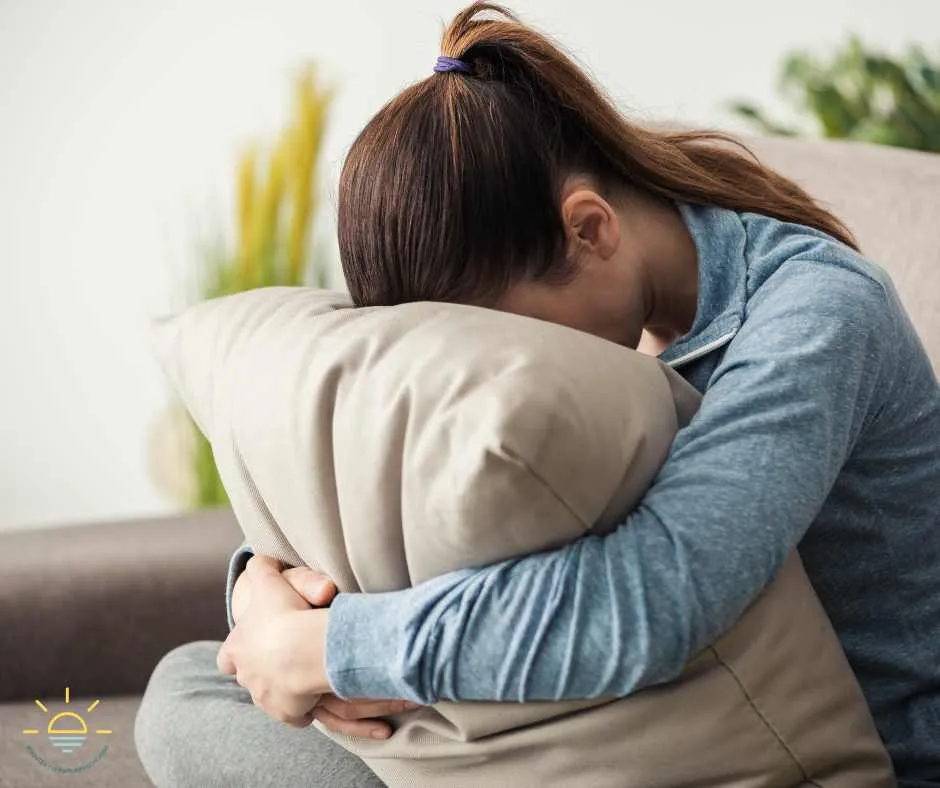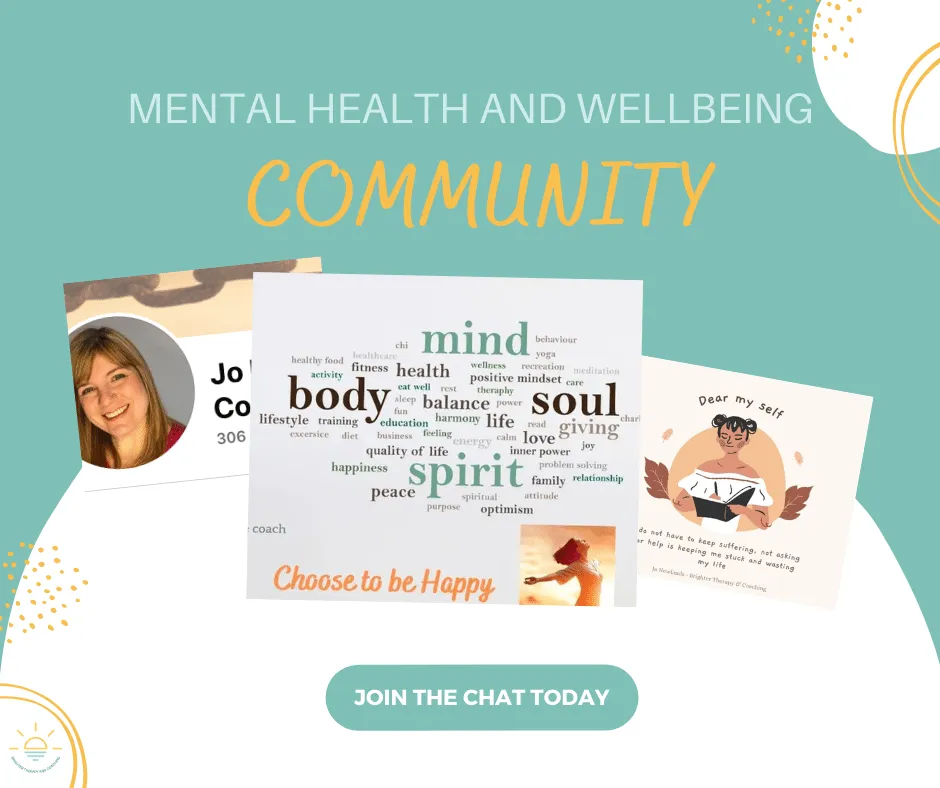Natural defence mechanisms
One question clients often ask me is what I consider natural defence mechanisms and why can they be so bad for us? Surely something that is natural is good, right?
In this post I discuss the most common types of defence mechanism we can have and why they become a problem. I then explore the difference between coping strategies and defence mechanisms to help you identify which is which.
Finally, I share how I can help you come up with strategies to make problematic natural defence mechanisms have less effect. You can find my contact details here and I'd love to hear from you if you have any questions or would like to book in a session to explore this further.

What is the difference between defence mechanisms and coping strategies?
Defence mechanisms and coping strategies are two different psychological processes that individuals use to manage our emotions, thoughts, and behaviours.
Natural defence mechanisms are unconscious psychological strategies used to protect ourselves from anxiety or other uncomfortable feelings. These mechanisms involve distorting, denying, or suppressing reality in order to cope with a situation or protect oneself from emotional pain.
Coping strategies however are conscious efforts that people make to manage stressful situations, emotions, or events. They are adaptive responses to stress and involve problem-solving, seeking social support, or engaging in activities that promote relaxation or distraction.
Examples of coping strategies include:
-
Exercise
-
Seeking professional help
-
Mindfulness
-
Talking to a trusted friend or family member
The fundamental difference between defence mechanisms and coping strategies is that defence mechanisms are unconscious strategies to protect oneself from emotional pain or anxiety. Coping strategies are conscious, adaptive efforts to manage stress and difficult situations
What are common natural defence mechanisms?
Fight, flight or freeze response
The most common defence mechanism is usually the fight, flight or freeze response. This is activated when a person perceives a threat or danger and is an automatic physiological reaction that prepares the body to either fight the danger, flee from it, or freeze in place. Let's take each part in turn:
The fight response involves responding to a threat by becoming aggressive, confrontational, or combative. This results in increased heart rate, blood pressure, and muscle tension, as well as the release of adrenaline and other stress hormones in your body.
The flight response involves responding to a threat by fleeing or running away from it. Again, you will experience increased heart rate, rapid breathing, and the release of adrenaline and other stress hormones to prepare the body for physical exertion.
The freeze response involves responding to a threat by becoming still and immobile. You will experience a decrease in heart rate, breathing, and muscle tension, as well as the release of endorphins and other chemicals that can temporarily numb pain and reduce anxiety. The freeze defence mechanism comes from trying to stay safe from predators that won’t eat anything dead and you might not be spotted if you just stay still! Keeping your ‘head in the sand’, so to speak, also comes from the same evolutionary defence mechanism.
This state of being ready for the worst outcomes kept us safe and alive in the past, as there were plenty of predators ready to eat us if we let our guard down. A fast reaction to pain also taught us what to avoid to keep safe. We are ‘programmed’ to feel this way for our own survival.
Thankfully, today, coming across such predators is very rare and only in small parts of the world, however these natural defence mechanisms also kick in with imagined danger and not anything with claws and fangs. A letter or email demanding money, the bank balance, a downturn in the economy that may threaten our job, or an unexpected lump. These things could mean a very upsetting future. However, we just don’t know if the worst will happen. What we can be sure of is that a state of anxiety or depression won’t help you deal with it if it does.
Being in a state of high arousal is exhausting and stops us using the thinking part of the brain effectively. All the brain’s energy and focus is on ‘fight or flight’ (the need to get angry or run away) or ‘freeze’ (the desire to crawl under the duvet and stay hidden and safe until everything feels ok).
Some other examples of unhelpful natural defence mechanisms that people may experience could be:
-
Denial: Not admitting to the facts of a particular event or issue, more often than not, because it causes too much distress or hurt.
-
Projection: When a person does not recognise their own undesirable thoughts, feelings, or behaviours, and instead attributes them to others.
-
Suppression: This is where people try to push away unwanted ideas, memories, or feelings and keep them hidden in the unconscious mind, making them almost impossible to access.
-
Rationalisation: This involves creating justifications or excuses for one’s own behaviour or actions, often to avoid taking responsibility or admitting to being at fault.
-
Displacement: Creating justifications or excuses for one’s own behaviour or actions, often to avoid taking responsibility or admitting to being at fault.
-
Regression: When someone reverts to an earlier stage of psychological development, such as acting as a child, to handle a stressful situation or feeling.
-
Intellectualisation: Thinking about the rational or sensible features of a problem or situation, while disregarding or diminishing the emotional or individual components.
It’s important to note while defence mechanisms may be natural, they can also be maladaptive and interfere with one’s ability to cope effectively with stress and difficult situations. I can help you identify and address any unhelpful defence mechanisms you use, and together we can develop more adaptive coping strategies.
What issues can natural defence mechanisms cause?
Clients of mine have reported that they have experienced stress, anxiety and depression due to the effects of natural defence mechanisms. It is common for them to describe worrying about something that may happen in the future, with a fear that they won’t be able to cope when it happens can cause stress and anxiety.
Likewise, depression can result from being over focused on the past with the belief that past misfortunes will keep repeating into the future, without an end in sight, and therefore comes with a sense of hopelessness.
Both these mental health states show an alertness in the pain receptors in the brain, which can also increase the sensations of bodily pain. We have to be ready for any possibility of something else going wrong, so we're on guard.

Turning off natural defence mechanisms using Mindfulness-based cognitive therapy (MBCT)
MBCT combines the principles of Mindfulness with Cognitive-Behavioural Therapy. This can help individuals develop a new relationship with their mental health symptoms and respond to them in a more positive and helpful way.
It works by helping you to be more aware of your thoughts, feelings, and behaviours and to pay attention to them without becoming preoccupied with them. I teach you to focus on the present moment, and to accept things as they are without getting caught up in trying to change anything.
I have found that MBCT is extremely effective in reducing negative aspects of natural defence mechanisms. This is because mindfulness focuses on the here and now in a calm and clear manner. It calms the nervous system down, allowing you to feel in control and more able to come up with the solutions you need to solve your problems in the best way possible. It switches off the sympathetic nervous system (fight/flight or freeze) and allows more blood supply to the neo-frontal cortex (the thinking and problem-solving part of the brain). The cognitive therapy side of MBCT helps you to think more objectively and far less emotionally about the situation. This means that you can respond with understanding rather than react in defence.
MBCT focuses on the present moment, which means you can look at what’s happening around you and how you’re feeling. It’s a process of learning to focus on the things that are going on right now instead of trying to make sense of everything that is happening around you. You learn how to think about your experience differently and you discover you don’t have to react in a certain way. Read more about how I use MBCT here.
You might be interested in:
-
Brighter Therapy and Coaching Blog
I post regularly on mental health topics, recommendations and tips to help you live your best life. Read more blog posts here.
I help you to help yourself...
In-person
Focused one to one sessions which make you the centre of attention. It's all about you and I'm here to make you feel as comfortable as possible...
Phone or video call
Prefer not to meet in person or too far to travel?
Schedule a one to one call with me either on the phone or Zoom video call and I'll take you through the process as if you were in the room.
Virtual group
Join in with other like-minded souls on the same journey of transformation who are as hungry as you to start living their best lives...
Join my Facebook community
My mental health and wellbeing Facebook group is to encourage a balanced happy inspired life, building on the principles of a positive mindset, healthy habits, goal setting, gratitude, fun, maintaining healthy relationships and a focus on self care.
Courses and workshops - coming soon!
Coming soon in 2023 - my bespoke courses on topics including stress-busting, anxiety and how to reduce panic attacks.
Copyright © 2023 Jo Newlands. All rights reserved
Address
Perthshire, Scotland PH6


